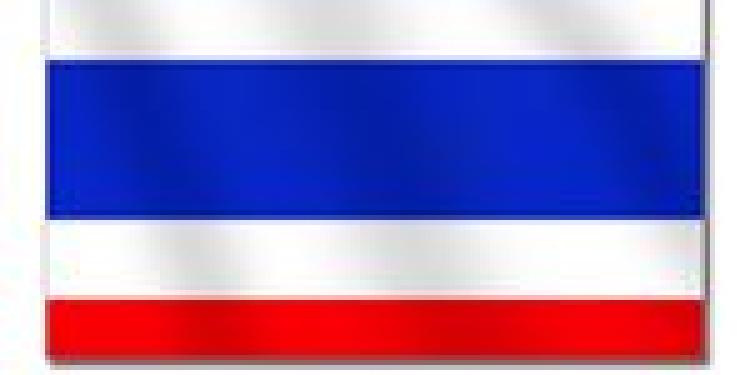Thai police seeking to beat illegal Internet betting in Thailand during the World Cup
Posted: June 4, 2010
Updated: October 4, 2017
Add another country to the list of those gearing up the law enforcement as we approach the World Cup kickoff on June

Add another country to the list of those gearing up the law enforcement as we approach the World Cup kickoff on June 11. Police forces are reportedly establishing 24-hour centers to combat illegal on-land and Internet betting in Thailand.
An estimate from the Thai Chamber of Commerce’s Economic and Business Forecast Centre showed that Thai people will spend 37.2 billion baht (approximately $1 billion) wagering on the 2010 World Cup. In police actions during Euro 2008, over 1,000 people were arrested in Thailand for illegally gambling on football matches, with nearly one million baht in cash seized – numbers that would appear to be quite small if the Thai Chamber is correct.
Major General Piya Uthayo, describing plans in combating violators of Thai gambling laws during the World Cup, said his Bangkok Metropolitan Police “have already started a center and it will run around the clock until the World Cup ends.”
Uthayo went on to state that police forces would be similarly mobilized because although “More people are turning to online gambling so we have to be more up-to-date, some still gamble at local bookies.” In terms of taking on illegal internet gambling in Thailand, Uthayo said that IT specialists would be dealing with the online websites, but did not specify further.
Thailand is home to some of the most oppressive gambling laws in Asia. The 70-year old law calls for a 1,000 baht fine and/or a prison sentence of twelve months upon conviction of gambling. Online gaming is unaddressed by Thai law, however, and so acts as a legal loophole for interested Thai gamers online.
Thai gamblers online typically play at foreign-hosted Internet casinos operated in countries outside the jurisdiction of Thai police. Likewise, many Thai gamers visit Macau, Cambodia or Myanmar to play at bricks-and-mortar gambling establishments and these days even travel to the Cambodian or Myanmar border to play at Internet cafés there.












